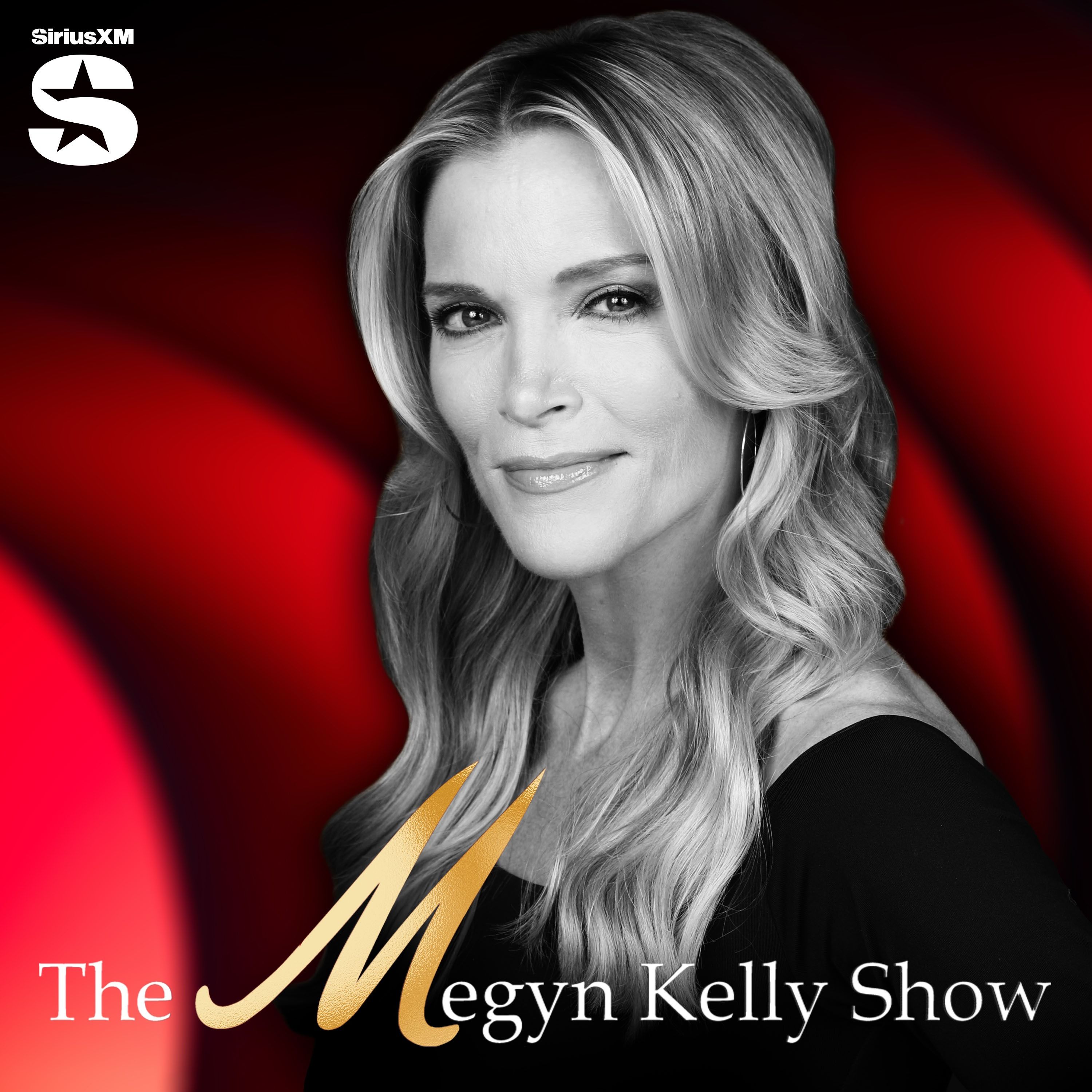PortalsOS
Related Posts
Vote to see vote counts

Major medical associations, like the American Medical Association, maintain that conversion therapy is harmful, asserting it attempts to change an individual's innate identity.
Colorado therapist Kaylee Chiles argues that the state's conversion therapy ban limits her ability to counsel patients who wish to align their identity with their biological sex, claiming it violates free speech rights.
The outcome of the conversion therapy case could be perceived as part of the broader conservative culture war, depending on how the court rules.
The argument in the conversion therapy case hinges on whether the therapy is considered speech or medical care, with implications for First Amendment protections.

The Supreme Court is hearing arguments challenging Colorado's ban on conversion therapy, which some argue is a form of viewpoint discrimination. The law prohibits mental health professionals from engaging in practices aimed at changing an individual's sexual orientation or gender identity.
Kaylee Childs, a therapist in Colorado, challenges the state's ban on conversion therapy, claiming it infringes on her First Amendment rights to voluntary conversations with minors seeking faith-consistent lives.
The therapist's lawyer argues that Colorado's studies on conversion therapy are flawed and don't specifically address voluntary talk therapy, questioning the evidence of harm.

Banning conversion therapy makes no sense because all therapy is conversion therapy. The whole point of therapy is to convert the patient from one mode of thought to another, from dysfunction to function, from confusion to understanding.

The Supreme Court is set to hear a case challenging Colorado's law that restricts therapists from engaging in conversion therapy related to gender identity. The case could have significant implications for free speech and professional conduct regulations.